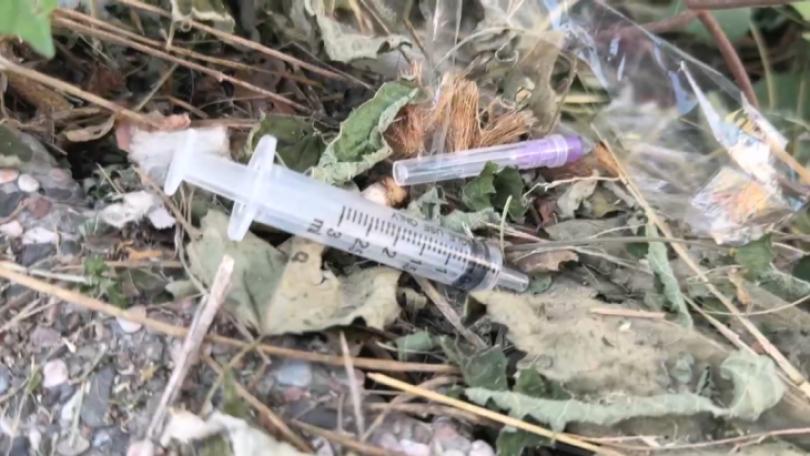CHANGING LIVESTOCK DIETS HELPS COMBAT GLOBAL WARMING|英研究:牛羊吃易消化牧草 有助減甲烷排放量

發布時間:
更新時間:
It has been established that the livestock industry is one of the biggest emitters of greenhouse gasses, but scientists from the UK are now saying that, by changing the diet of farmed animals, for example, by giving them plants easier to digest, emissions can be reduced. Here's why.
During a drought in summer, 2016, a lake in central Thailand dried up. The cattle fed on plants that were able to survive the parched conditions. The pastoral scene is what a recent scientific study claimed to be 'a vicious cycle of climate change'.
==MARK LEE research fellow, Royal Botanic Gardens Kew, UK==
We've found is that as temperatures go up, forage plants become much tougher and that's a problem in the future because temperatures are going to go up, so we're likely to see that forage plants are going to become more tough and more difficult to digest. So they have higher fiber, lower protein, and that means they can produce much less meat and milk, but can be associated with much higher greenhouse gas emissions as well.
Methane is a potent greenhouse gas, around 25 times more effective in trapping heat than carbon dioxide. It is produced by ruminant livestock, such as cows, sheep, and goats from the way they digest food. Scientists discovered that plants growing in warmer conditions are harder to digest and stay longer in the animals' stomach, so that more methane is released. It leads to a warmer planet and the cycle will continue. As the global demand for meat is growing, methane emission is expected to increase with hotspots identified in North America, Central and Eastern Europe, and Asia. Scientists urged people to eat less meat, and improve grazing management.
==MARK LEE research fellow, Royal Botanic Gardens Kew, UK==
We know it's so important in terms of producing meat and in terms of providing jobs. So we're certainly not saying livestock farming needs to be completely eliminated. We need to think of ways of farming more sustainable across those regions.
For example, harvesting earlier in the year is an option because summer harvests are less nutritious and harder to digest than those in spring. More research is underway to identify more nutritious plant species that can be farmed to protect biodiversity. According to the UN, global meat production has increased rapidly in recent years, from 71 million tons in 1961 to 318 million tons in 2014, a 78% increase in 53 years. To support this production, pasture has expanded. It now covers 35 million kilometer square, around a quarter of the Earth's ice free surface.
TRANSLATED BY:SASHA CHIU










